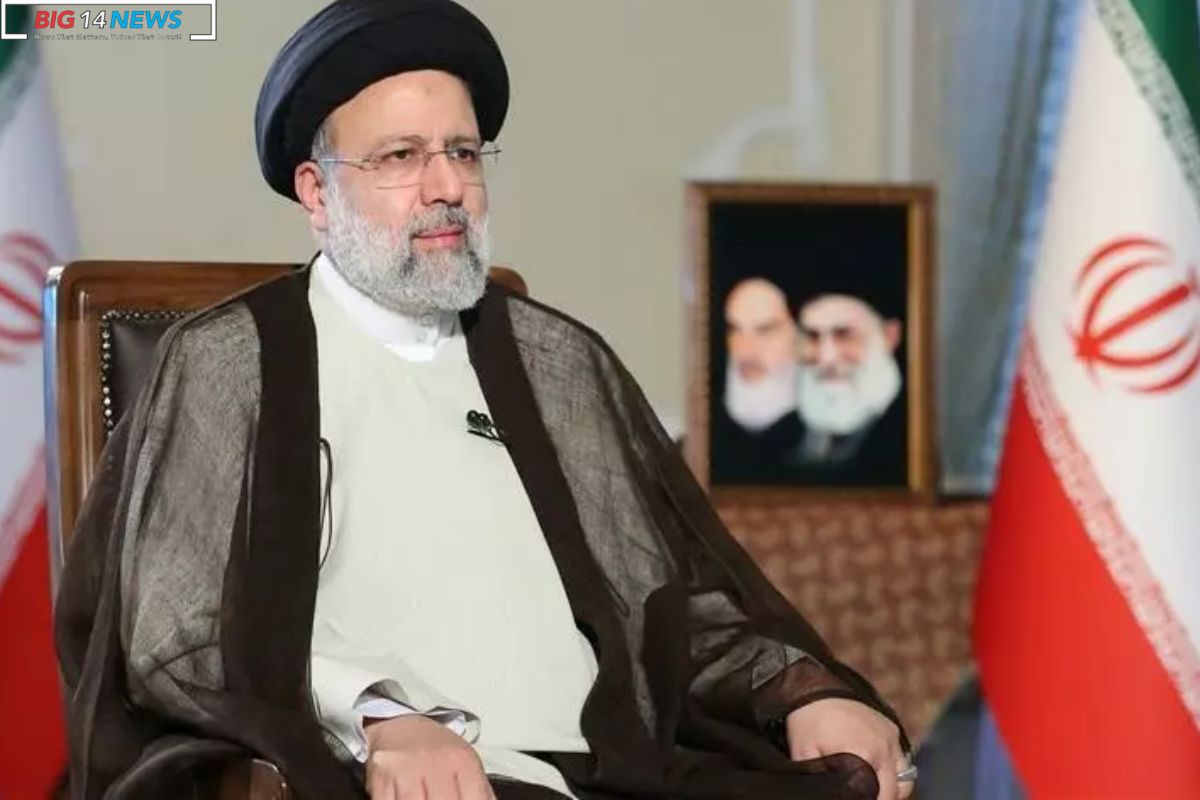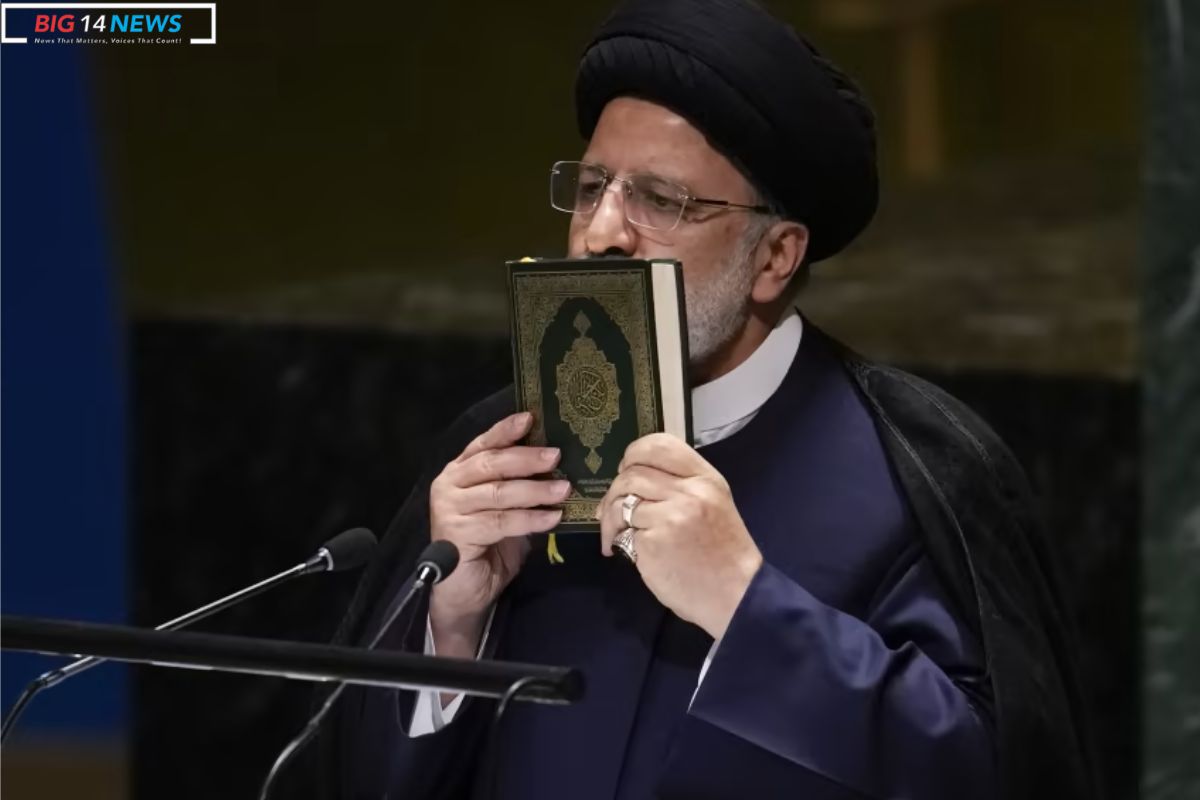Iran President Raisi Reaffirms Commitment: Iran’s President Raisi reaffirmed commitment to peaceful nuclear energy at the U.N. General Assembly. Raisi said Iran won’t give up atomic tech for peaceful purposes. He stressed the importance of the 2015 nuclear deal. The deal is officially known as JCPOA.
He urged the U.S. to show commitment to rejoining the JCPOA in a verifiable way. He claimed the U.S. government broke promises by withdrawing from the deal. Raisi criticized the U.S. for leaving the JCPOA as an “inappropriate response” to Iran’s compliance.
This standoff is because of recent events. Donald Trump, president from 2016 to 2018, withdrew the U.S. from the JCPOA. Iran faced economic sanctions. Iran violated JCPOA rules, especially on uranium processing. This made it more challenging.
Diplomatic efforts are ongoing to save the JCPOA, with talks in Vienna. The talks collapsed in August 2022, leaving the deal’s future uncertain.
Raisi stressed Iran’s stance against nuclear weapons. One of his main points was. He restated Iran’s peaceful intentions for its nuclear program and vehemently denied any desire to develop nuclear weapons. Raisi confirms Iran’s military plans don’t include nuclear weapons.
Raisi’s U.N. speech highlighted Iran’s commitment to peaceful nuclear power. Concerns remain about openness and collaboration with foreign organizations. Rafael Grossi, IAEA head, worried about Iran removing monitoring equipment and cameras, hindering assurance of nuclear activities.
Grossi said Iran has enough enriched uranium for multiple nuclear bombs if desired. Iran hindered IAEA officials, worsening the situation.


ALSO READ: Iran Energy Crisis: Nationwide Energy Shutdown in Iran Reveals Deeper Crisis
The E.U. also had a comment. They worried Iran would impede IAEA inspectors’ work. The Iranian FM and E.U. reps discussed these issues. They said teamwork and honesty are essential. They asked Iran to cooperate with the IAEA and facilitate nuclear monitoring.
Raisi’s U.N. speech followed a recent Iran-U.S. prisoner exchange, releasing long-term detainees. The U.S. released $6 billion in frozen Iranian assets in South Korea for humanitarian purposes.
Raisi was polite but didn’t mention the prisoner deal in his speech. As Raisi spoke, Israel’s U.N. Ambassador, Gilad Erdan, left in protest. He held a sign with a picture of Mahsa Amini, a Kurdish-Iranian woman who died in police custody, angering people globally.
With ongoing tensions and negotiations, the world seeks a diplomatic resolution for Iran’s nuclear program and the future of the JCPOA.
Also Read: Georgia Legal Battles and Election Tensions: The Case of Georgia Republicans
Our Reader’s Queries
Is Iran a democracy or autocracy?
Iran’s intricate and unique political framework melds aspects of a contemporary Islamic theocracy with democracy. Various elected, partially elected, and unelected entities interconnect to shape the government’s power hierarchy.
What does the president do in Iran?
The president is responsible for carrying out the orders and desires of the Supreme Leader. This includes signing agreements with other countries and international groups, as well as managing the country’s financial planning, budget, and employment matters.
Does the Supreme Leader of Iran command the military?
After Banisadr was impeached in June 1981, the title of Commander-in-Chief wasn’t given to the next president, Mohammad-Ali Rajai. Instead, it’s still held by the Supreme Leader of the Islamic Republic of Iran.
Who controls Iran today?
Throughout its history, the Islamic Republic of Iran has only had two Supreme Leaders. The first was Khomeini, who held the position from 1979 until his death in 1989. The current Supreme Leader, Ali Khamenei, has been in power for over 30 years since Khomeini’s passing.

